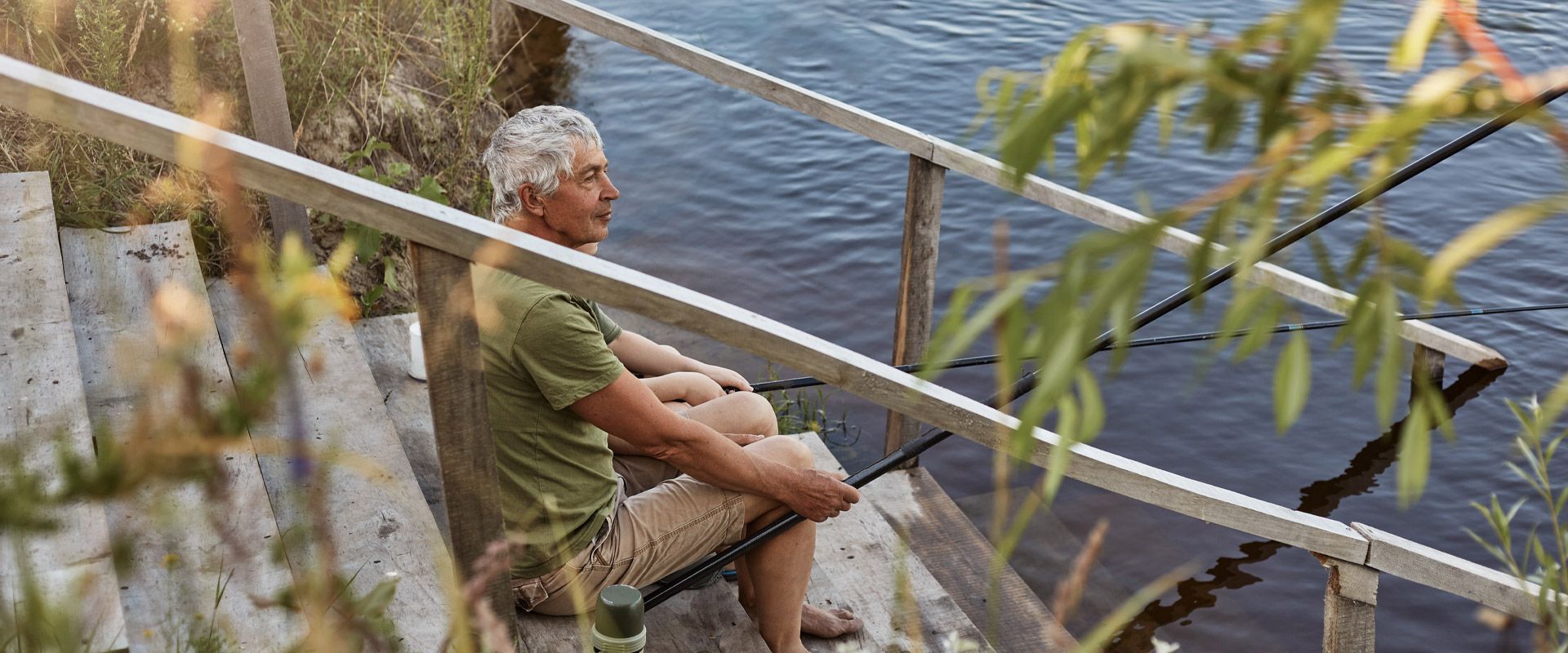Success

Featured Grant
Elder Justice Innovation Grant
With funding from ACL, our Elder Justice Prevention grant in Texas helped create a pioneering collaboration between APS, a healthcare system, and researchers with the result that over 500 patients, primarily with an allegation of self-neglect, were reported to APS. Many of these patients would have failed to come under the radar of protective services or receive supportive services. With funding from an Elder Justice Innovation grant, we developed a proactive case-management intervention to link at-risk patients with home- and community-based services and prevent them from becoming self-neglecting or face other negative outcomes. This self-neglect intervention is now being tested further with APS clients in Oklahoma through a State APS Enhancement Grant, which aims to further improve APS practice.
Farida Kassim Ejaz, Ph.D., LISW-S, FGSA
Senior Research Scientist
Center for Research and Education
Benjamin Rose Institute on Aging


Guidelines
OEJAPS is committed to supporting efforts to ensure adults are afforded similar protections and services, regardless of their state or jurisdiction. ACL facilitated the development of the first National Voluntary Consensus Guidelines for State Adult Protective Services Systems to assist states in developing efficient, effective programs.
National Voluntary Consensus Guidelines for State APS Systems

Tool Inventory
The best way to intervene in the problem of elder abuse is to prevent it from happening in the first place or to intervene as early as possible so as to mitigate its consequences. In 2018, OEJAPS funded the creation of an inventory of screening and assessment tools for adult maltreatment.
Adult Maltreatment Screening and Assessment Tools Inventory

APS Evaluation
The National Adult Protective Services (APS) Process Evaluation is based on research conducted by the APS Technical Assistance Resource Center. This evaluation was designed and implemented to describe the current landscape of APS program structure and operations across the United States. It is available in two reports:
- Full Report (PDF | 3.1 MB)
- Summary Report (PDF | 2 MB)
Elder Justice Podcasts

Pathways to Safety for Adults Experiencing Abuse, Neglect, and Exploitation: Bridges from Adult Protective Services to Community-Based Services
Purdue University and Montana Adult Protective Services (APS) work together to understand how state agencies and community-based service providers work together to support adults experiencing mistreatment living safely and independently in the community. The goal of this series is introduce state and community partners working hard to assist victims and survivors of adult mistreatment. Podcast guests told us about their professional role and what their agency does. They also described how they and their agency work to serve adults experiencing abuse, neglect, and exploitation. In addition to their agency’s collaboration with APS, podcast guests shared success stories and challenges of interagency collaboration.
Podcast guests from Montana included: APS (Trevor Tangen & Lianna Waller), Area Agency on Aging (Michael Larson), Legal Services (Katy Lovell), Senior Medicare Patrol (Renee Labrie-Shanks), Medicaid Fraud Control Unit (Joseph Neussendorfer), Elder Justice Prosecutor (Michael Fanning), Guardianship (Melissa Stiegler & Karen Baker), Community Services Bureau (Michael Woods), Developmental Disabilities Program (Shannon Cole-Merchen), Veterans Affairs (Michael Hagenlock), Community Physician Group (Kristin Anderson), Nurse Practitioner (Laura Reed), Certification Bureau (Todd Boucher & Tina Smith), Licensure Bureau (Tara Wooten).
Marian Liu and Zach Hass
Transcript (PDF | 52 KB)
Trevor Tangen & Lianna Waller
Transcript (PDF | 134 KB)
Michael Larson
Transcript (PDF | 58 KB)

Community Impact
OEJAPS is proud to partner with a variety of community organizations to make an impact on elder justice issues. We work cooperatively with community partners such as private entities, non-profits, and institutions of higher learning and professions such as legal, social, and financial services. OEJAPS grantees and contractors have made substantial progress toward advancing the field of elder justice via projects such as:
- evaluating elder justice systems and determining outcomes,
- providing over 4,000 direct complaint resolution and advocacy services to help older adults and adult with disabilities transition from institutional to community settings,
- using artificial intelligence to predict maltreatment
- gauging the impact of the COVID-19 pandemic
- assisting more than 52,000 older adults to access pension funds
- conducting over 20,000 workshops and trainings to women on retirement services
- evaluating the impact of state government grant funding.
Report Highlights

Resource Centers
OEJAPS provides funding to resource centers which disseminate information to professionals and/or the public; provide technical assistance and training to states, community-based organizations, and professionals; and collaborate on research.
Last Modified: 08/30/2024







